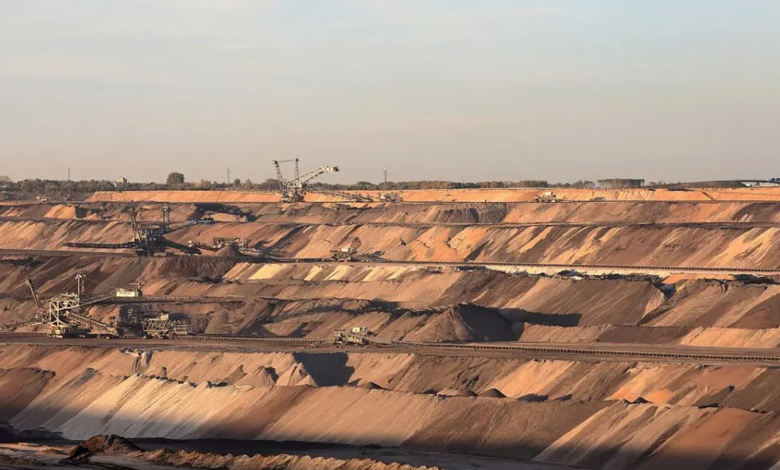RWE says stop to coal 8 years in advance (but in the meantime burns more lignite)

(sustainabilityenvironment.com) – The phase-out of coal, stop to coal, will start 8 years in advance. No longer in 2038, as agreed with Merkel, but in 2030 that was the goal of the Greens in the election campaign. This was announced by the German energy giant RWE, which owns a quarter of German coal power plants. The counterpart for stopping accelerated coal? Two 600MW power plants will not close as planned at the end of the year but in 2024. And to make them work we will have to expand the nearby lignite mine. Destroying the village of Lützerath.
Lützerath is not a country like many others, which were evacuated and destroyed to enlarge the German open-cast mines. It is a symbol of the climate protests, a red line for activists who ask the government for policies adhering to the goal of 1.5 degrees of global warming. Many protests over the years have tried to block the expansion of the Garzweiler lignite mine. Successfully.
However, to give the green light to the agreement with RWE, the government had to go back on its word. Ever since he took office, the Scholz Executive has insisted that the country be preserved. In July of this year, the Federal Parliament expressed itself in the same way. The North Rhine-Westphalia Government did the same.
But the energy situation ahead of winter has pushed Berlin to back down. The agreement with RWE provides that two power plants, Neurath D and E, 1.200MW in all, will continue to operate until March 2024, instead of closing in December this year as provided by the roadmap for the stop to coal. Until the end of 2023, the German federal government will have the possibility to extend the life of the units or to use them as a reserve. Both options would be limited until 31 March 2025.
The Minister of Ecological Transition, Robert Habeck, tries to show the glass half full at a press conference. He announced that the early closure of 3 GW of coal will avoid at least 280 million tons of CO2. And many other countries, at the risk of being gutted by the advance of the mines, will be saved with the early stop to coal.
For Habeck, many impact assessments show that “if we want to ensure security of supply, continue to operate the two blocks of 600 MW and save countries, this is the result. I hope that the climate movement will see it this way and accept it to a large extent”.






Thanx for the effort, keep up the good work Great work, I am going to start a small Blog Engine course work using your site I hope you enjoy blogging with the popular BlogEngine.net.Thethoughts you express are really awesome. Hope you will right some more posts.